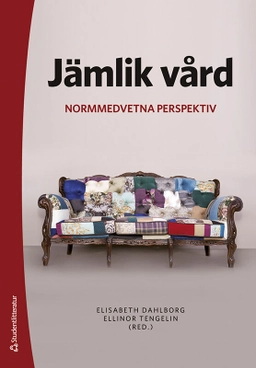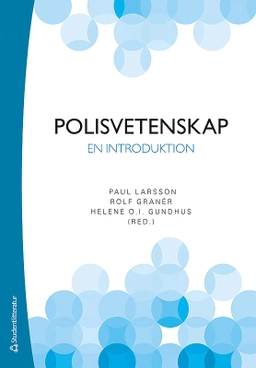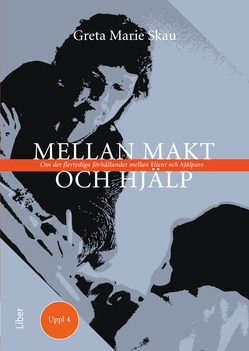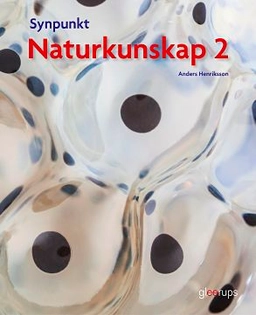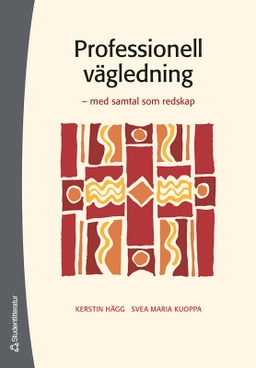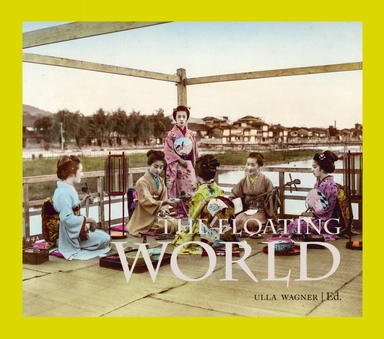

The floating world : entertainment and popular culture in the japanese Edo period (1603-1868)
- Utgiven: 2022
- ISBN: 9789177892489
- Sidor: 147 st
- Förlag: Historiska Media
- Format: Inbunden
- Språk: Engelska
Om boken
Åtkomstkoder och digitalt tilläggsmaterial garanteras inte med begagnade böcker
Mer om The floating world : entertainment and popular culture in the japanese Edo period (1603-1868) (2022)
I augusti 2022 släpptes boken The floating world : entertainment and popular culture in the japanese Edo period (1603-1868) skriven av Ulla Wagner. Den är skriven på engelska och består av 147 sidor djupgående information om historia och arkeologi. Förlaget bakom boken är Historiska Media.
Köp boken The floating world : entertainment and popular culture in the japanese Edo period (1603-1868) på Studentapan och spara pengar.
Referera till The floating world : entertainment and popular culture in the japanese Edo period (1603-1868)
Harvard
Oxford
APA
Vancouver


